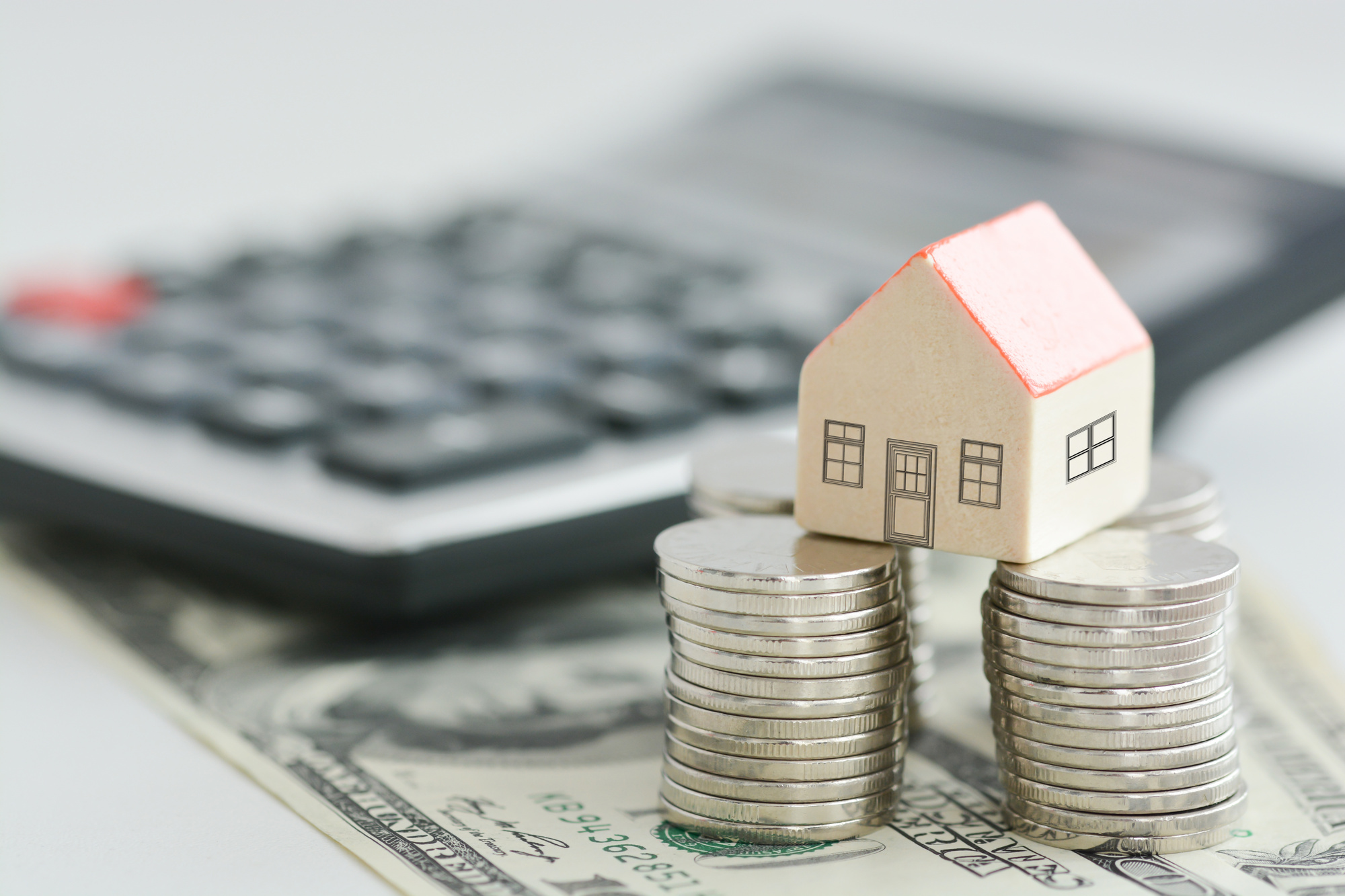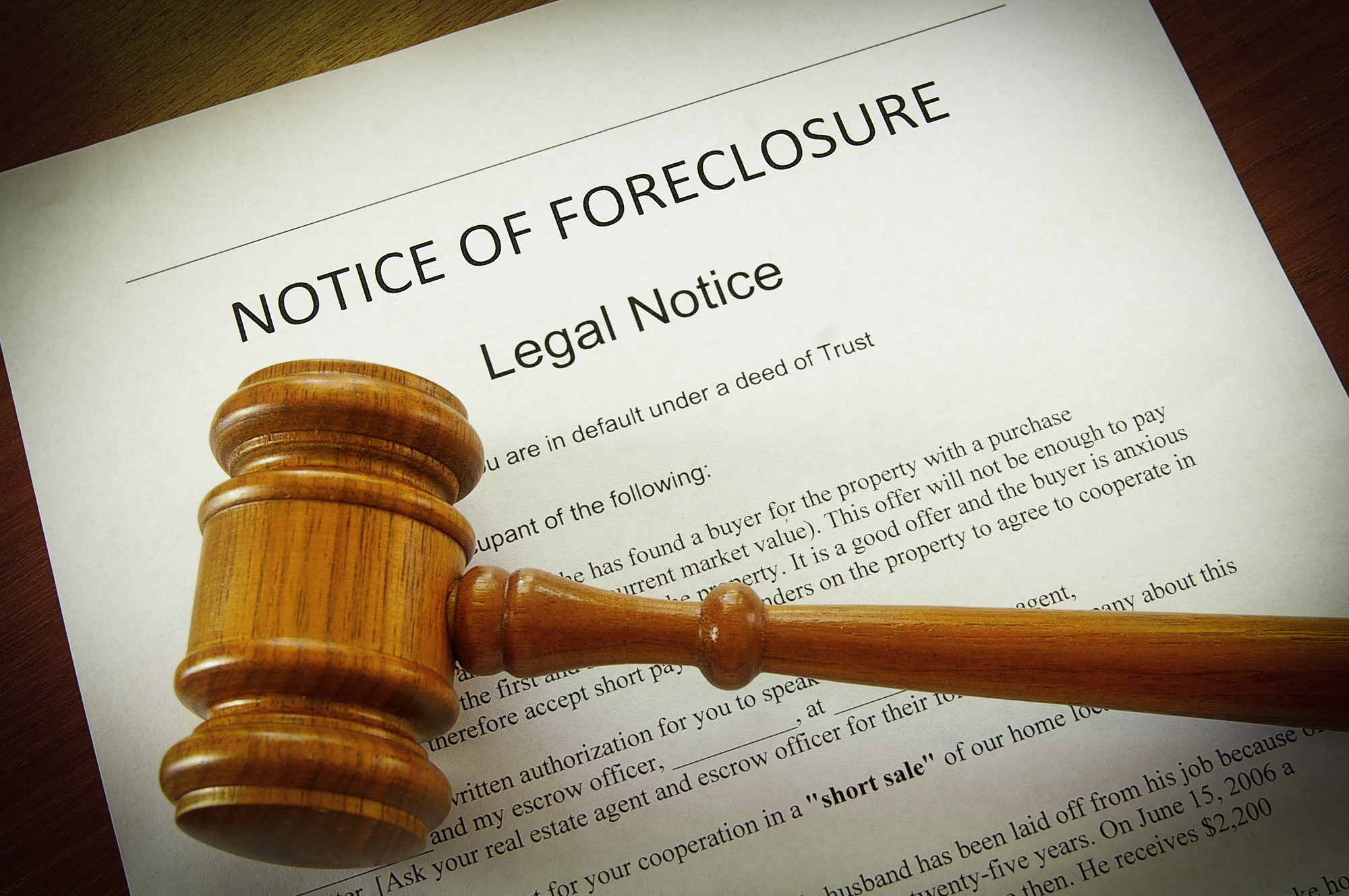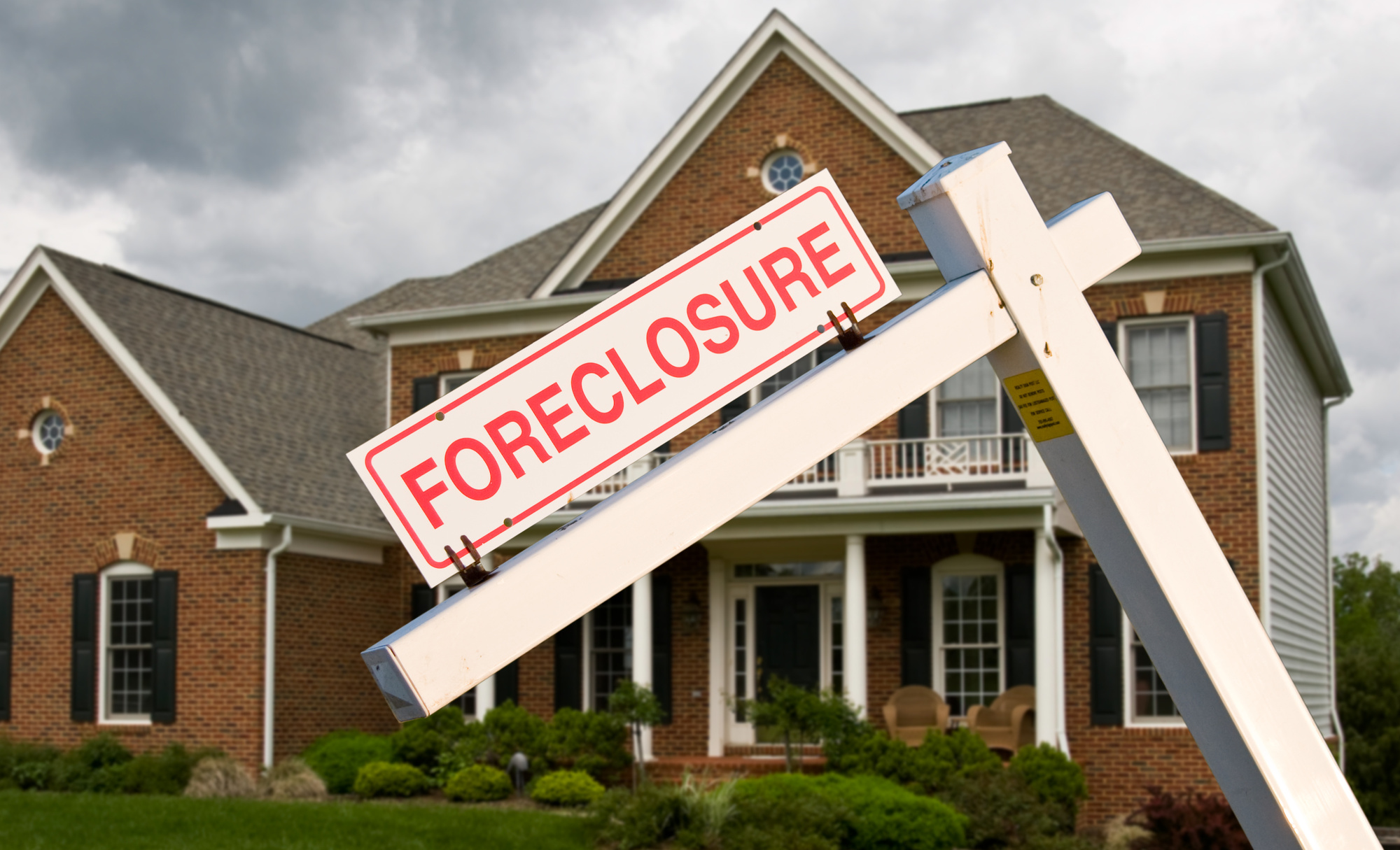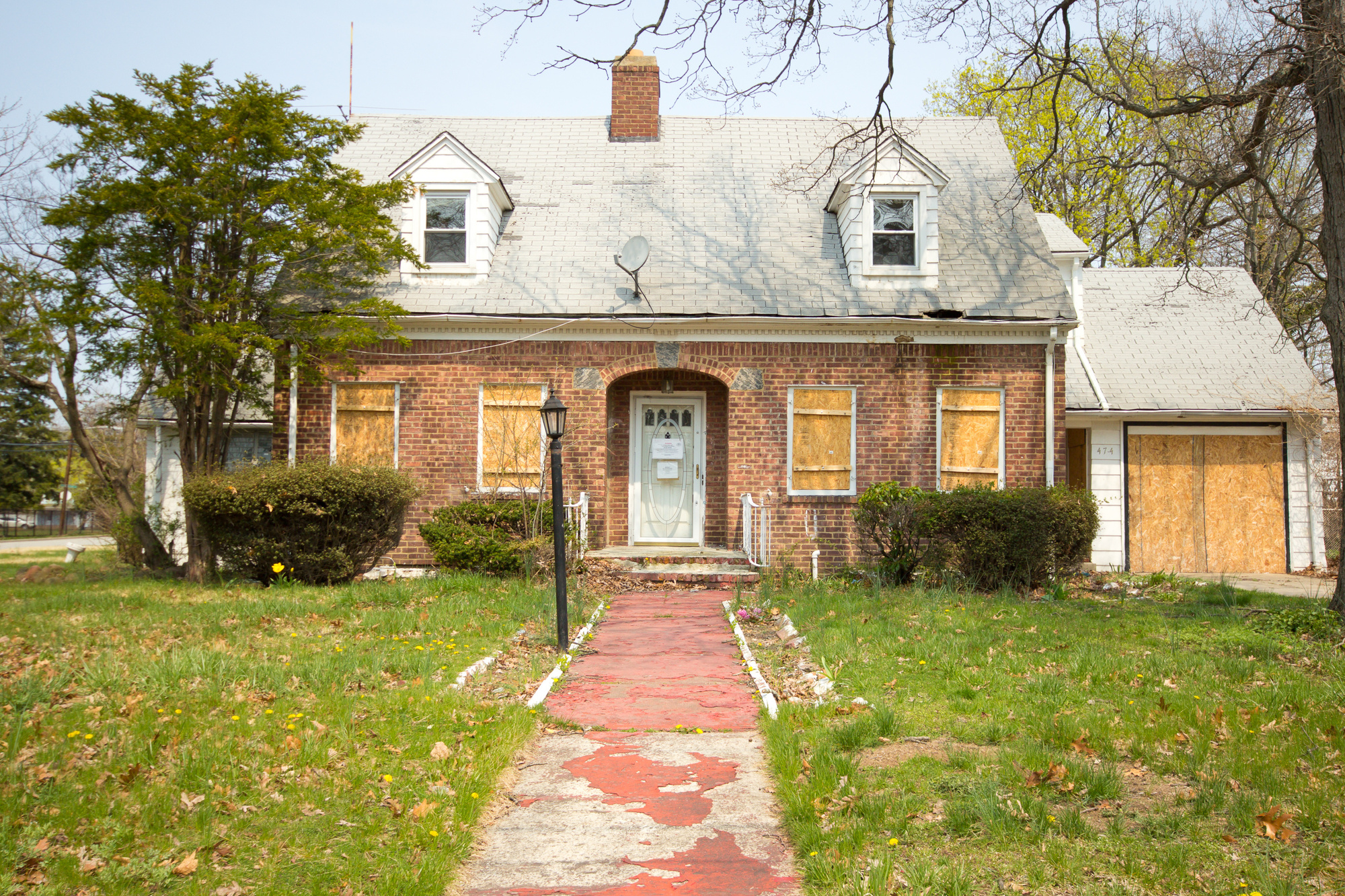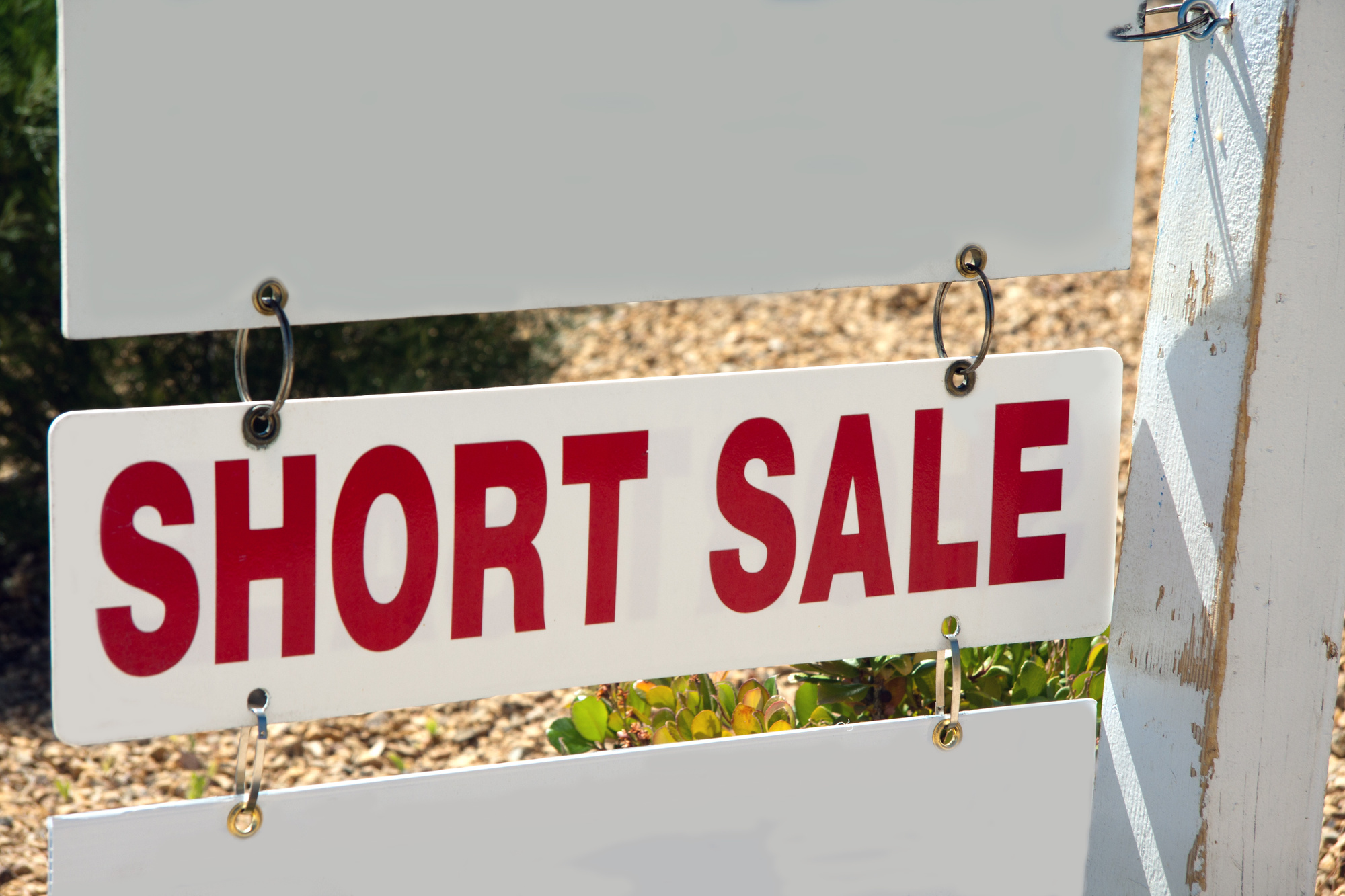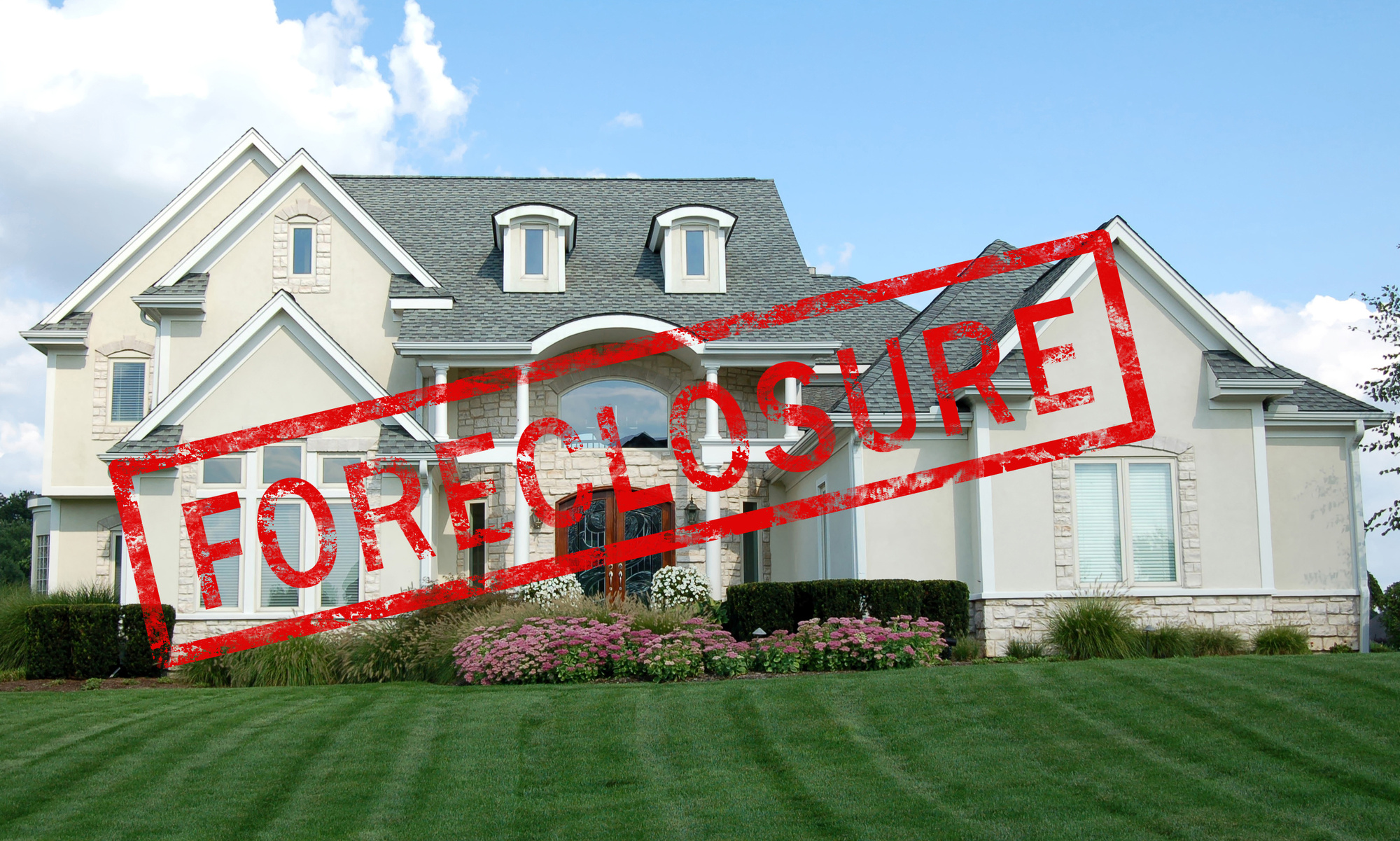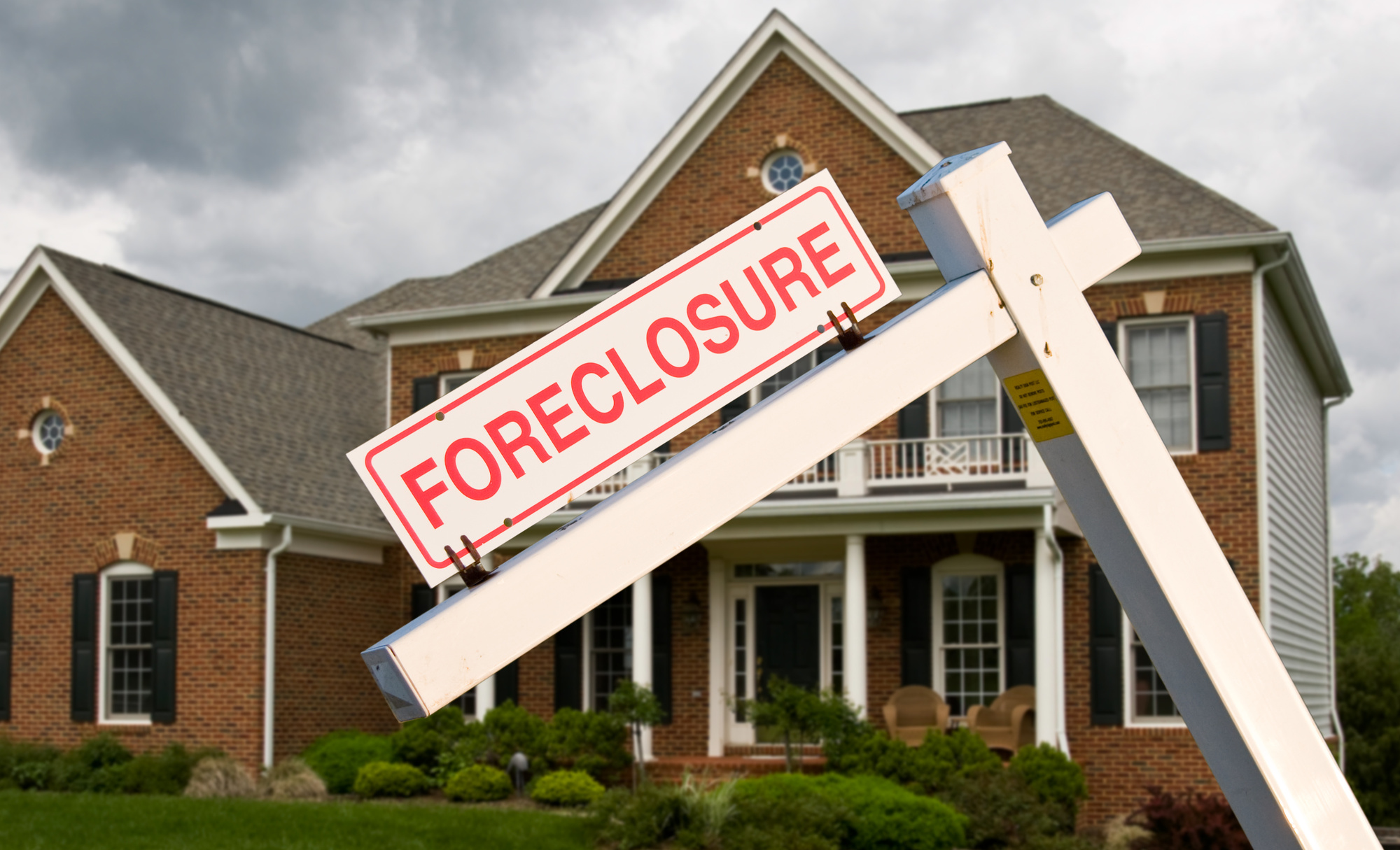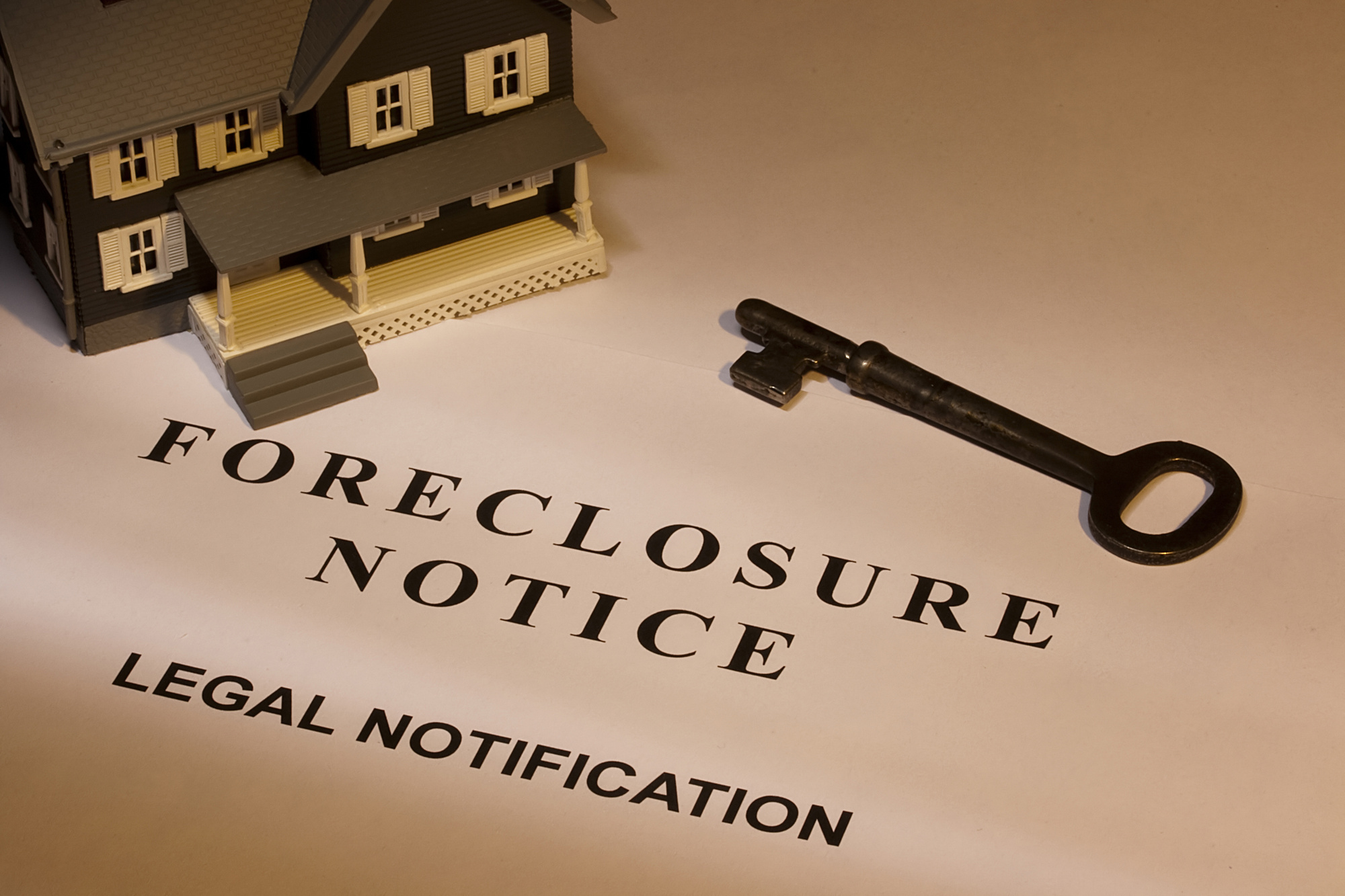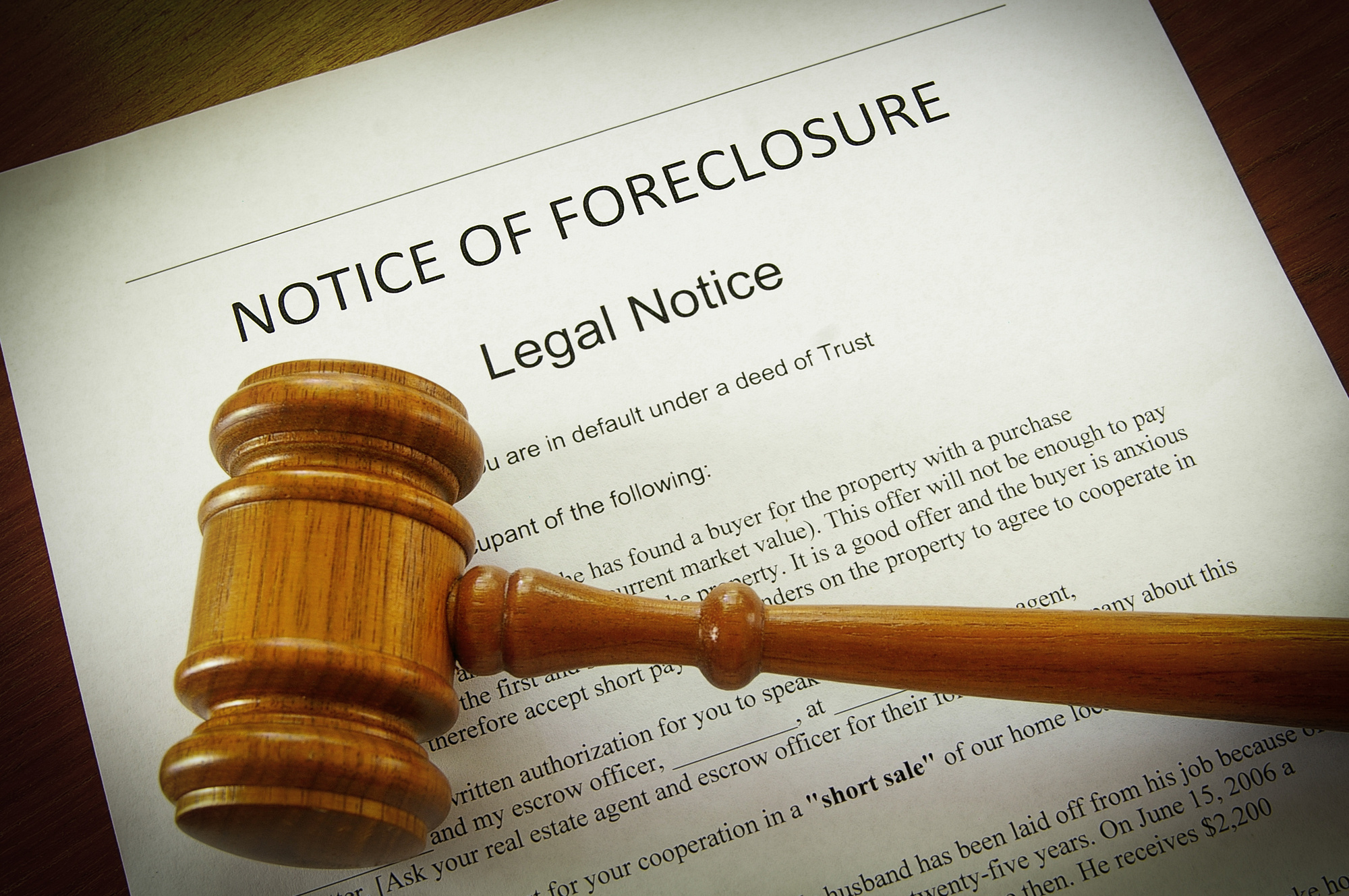9 Proven Tips for Securing Investment Property Loans
Investment properties are a hot ticket for people who are looking to make safe investments and get tremendous returns.
Don’t believe us?
More than 5.6 million new homes are going to change hands in 2019. That’s the most new home buys of any year in over a decade.
There are more renters today than at any other point in the last half-century. That means if you’re buying to rent, you have no shortage of competitive tenants to fill your property with.
In today’s market, the problem isn’t how you’re going to make money from your real estate investments, the problem is how you can secure investment property loans so you can purchase those investments.
Therein lies the focus of this article.
No matter if you’re looking at applying for mortgage loans, fix and flip loans, or the like, here are 9 proven tips to raise your odds of getting approved for financing.
1. Save Up a Big Down Payment
The more money you put down on an investment property, the less money you’ll need to ask a lender to loan you. That means that you can vastly improve your odds of securing investment property loans by saving a little bit of money before seeking them out.
You’ll want to have at least 5% to put down on your home or 3.5% if you qualify for an FHA loan. Still, 3.5-5% of a home’s purchase price isn’t an attractive down payment to most lenders.
If you can come up with 20% you can avoid PMI and get funded with confidence.
2. Maintain Awesome Credit
Your credit score is one of the first things investment property loans will look at when deducing your eligibility.
Do you know what your credit score is? If not, you can leverage free services like Mint or Credit Karma to look yours up. You can also request a free credit report from major credit bureaus.
Learn more about requesting your credit report on the Federal Trade Commission website.
3. Take Care of Your Debts
If your income to debt ratio is bad, you’re going to have a lot of trouble getting investment property loans. To aid that ratio, all you have to do is start paying down your existing debt.
Remember, no lender wants to have to compete with other lenders when it comes to who you’re going to pay back first. The fewer people you’re indebted to, the more likely you’ll be able to secure the loan products you’re looking for.
4. Think Outside of the Big Bank Box
When people think about property investment loans, they think about walking into Wells Fargo and Bank of America. While you can certainly get loans from big banks, limiting yourself to them can reduce your chances of getting the loan product you’re looking for.
Check online to find online lenders who may be willing to fund your real estate investment. There are many small and large loan providers who operate strictly online and fund investments every day!
Just be wary of predatory terms and conditions.
5. Ask About Owner Financing
Given that banks have gotten more prudent about when to and when not to award loans, owner financing has become more popular. With owner financing, the person who is selling the home finances it directly to a buyer.
That means sellers get to collect any interest from the loan but they also retain liability if you were to default on payments.
Owner financing agreements are what you and a seller make of them so don’t be afraid to strike up a conversation and see what you can negotiate.
6. See if Credit Cards can Help
When conventional investment property loans fail, some turn to credit cards to help them bridge the gap in their funding needs. Some personal or even business credit cards offer high limits which can give you the extra 30K+ that you need to close a real estate deal.
Credit cards typically carry high-interest rates so be conscious of what you’ll owe on your card and the implications of that debt.
7. Opt for Peer-to-Peer Financing
There are online investment pools available where people like you can pitch real estate opportunities and get multiple investors to pool their resources in order to purchase a property.
Examples of these sites include Prosoper.com and Lendingclub.com.
Check out both of those sites to see if either feels like a good fit you and your investment ambitions.
8. Focus on Distressed Sales
Are you having trouble securing the financing you need to purchase a more expensive investment opportunity? If you are, consider looking at foreclosure or pre-foreclosure homes.
These properties are typically open to negotiation as banks are trying to get them off of their books as quickly as possible.
If you find the right distressed property, you could nab it at a low price which means easier financing and more return on your investment.
9. Try a 203K Loan
203K loans make for decent investment property loans for a few reasons. First, they’re backed by the FHA. Second, they include not only the amount of money you need to buy a home, but money to renovate it.
That makes it a favorite amongst fix and flippers.
Note that 203K loans come with a bevy of conditions. Some of those conditions require you to hold your property for a certain amount of time and reside in your property while you own it.
Be sure that conditions fit your investment strategy prior to funding your purchase with a 203K loan.
Tips for Securing Investment Property Loans – Wrap Up
There you have it! 9 proven tips that can help you secure investment property loans.
If you’re interested in leveraging short sale homes to bolster your investment portfolio, look no further than our content on Short Sale Blog to get the insight you need!
From information on identifying investment opportunities to funding your ambitions, our team of experts have the answers to all of your biggest questions!

